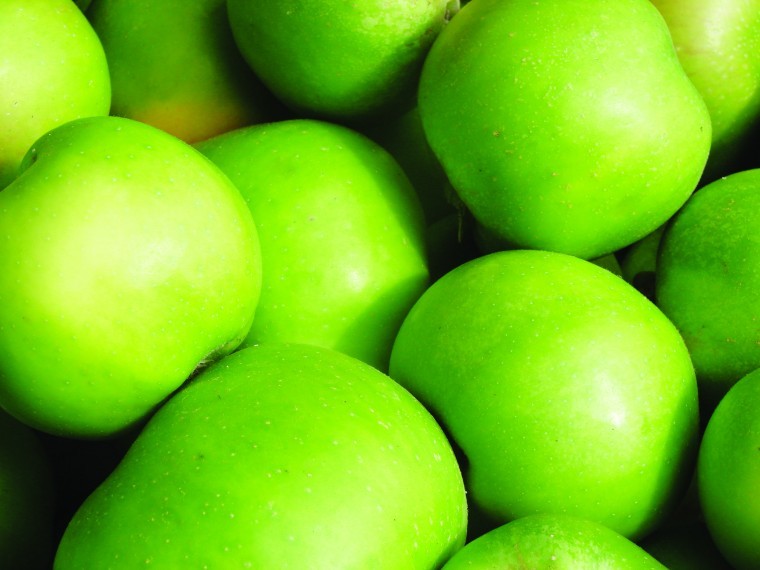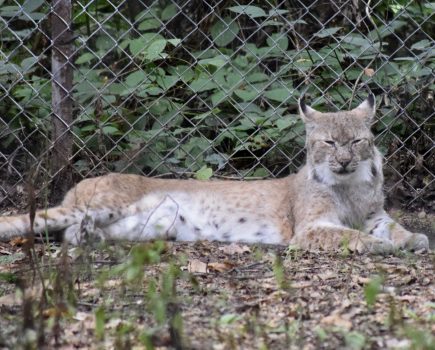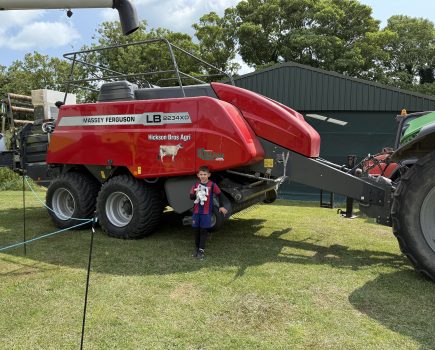The annual British Apples and Pears trade briefing was a beautifully controlled statement on the challenges faced by the sector.
The value of the industry is indisputable; the highest production standards, a product range produced in a climate that lends outstanding flavour, expert growers who have strategically invested in varieties and technology that ensures they deliver what the customer is looking for in an extended season.
The history of British Apples and Pears is punctuated with announcements of advancements in packing, storage and production technology and the launch of new varieties. This year’s briefing covered all of the above, with leading growers Ross Goatham, James Simpson, Tom Hulme, Tony Harding and Ali Capper sharing their expertise, experience and knowledge of the sector and Hannah McIlfatrick of Worldwide Fruit updating the audience on the performance of top fruit in the grocery sector.
High inflation affected the category with pack growth suffering. Shelf space negotiations have been tough and the cost per kilo has been kept down, bringing the loss of any remaining mitigation for the living wage and cost of production increases.
There is no margin left with which to offset the impact of inflation. Investments in technology and intensive production have transformed the sector but the grower panel was clear that prices must increase to allow any further investment.
James Simpson raised the prospect of robotic harvesting, long awaited to aid the reduction in the largest cost base, wages. Unfortunately, this is still a long way off, and it is likely to be at least another 10 years before speed, accuracy and quality allow the investment to be self-sustaining or offer any cost savings over the dexterity and accuracy of hand picking.
Countryfile and Farming Today host Charlotte Smith hosted the webinar and asked about the future of Cox apples, Tony Harding said there was a low level of planting by a few growers, but the variety was in decline and at risk of disappearing. Currently there is no incentive for the investment as returns were too low and several retailers had stopped stocking it in favour of modern varieties.
Fruit Logistica this year saw between 40 and 50 new club varieties all looking for a breakthrough. Looking at the citrus and soft fruit categories, where there has been an enormous amount of innovation, top fruit has a great opportunity in special and different varieties, both in own brand and private label category development.
With Pink Lady, Jazz, Magic Star, Cameo and Kissabel all worth looking at, there is a good variety base to give the blend of returns needed for a viable business. New variety investment needs assurances from the retailers that there is a long-term commitment to a variety; all growers have orchards that have failed to pay for themselves following a change of buyer and variety shelf mix.
While there have been headlines about grubbing and there has been a number of unprofitable orchards removed in the past few years, the panel reported that the rate of removal had slowed in the last season, though replanting rates are yet to return to previous levels to maintain the volume growth needed.
Climate change was on the agenda, but the panel heard that the UK’s maritime climate had always been beneficial for flavour, Ali Capper stated that science is saying that our climate will remain good for top fruit production and will get better.
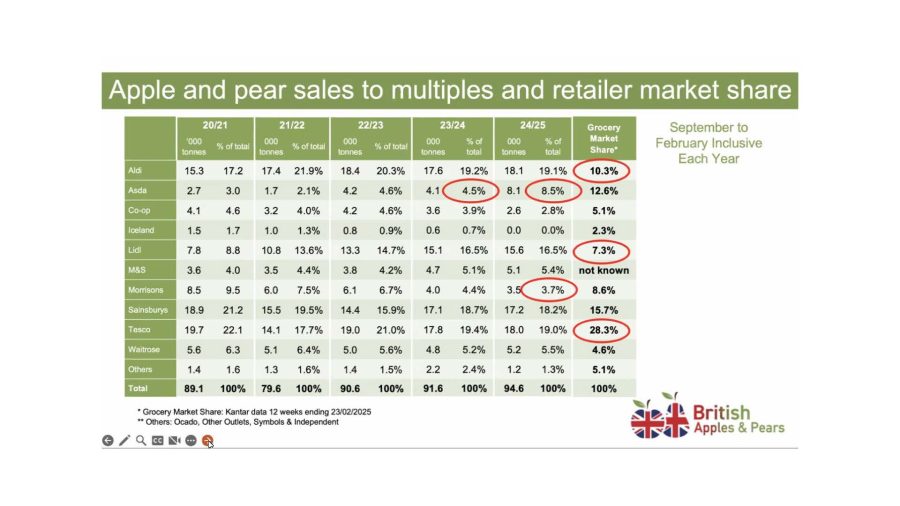
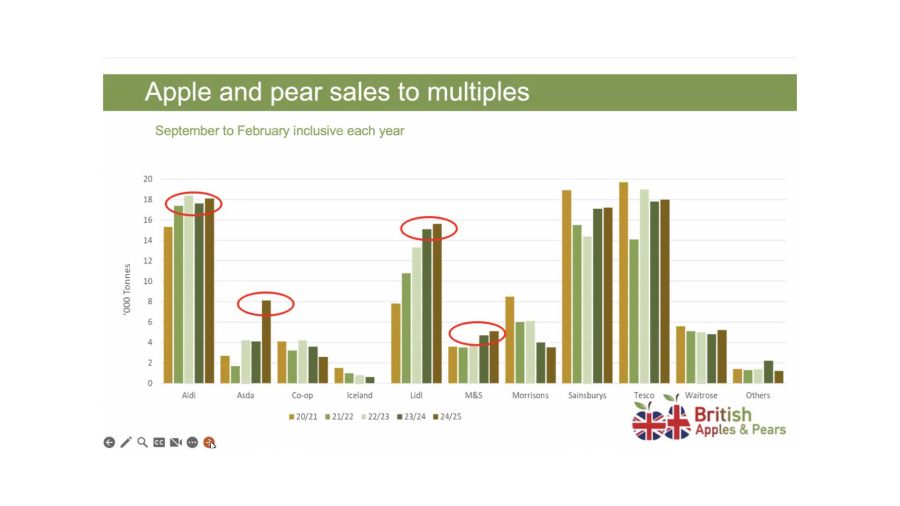
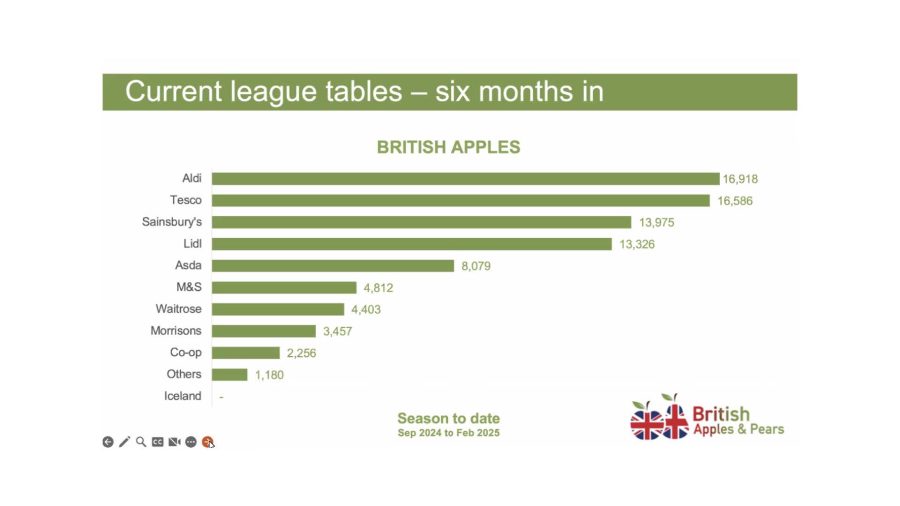
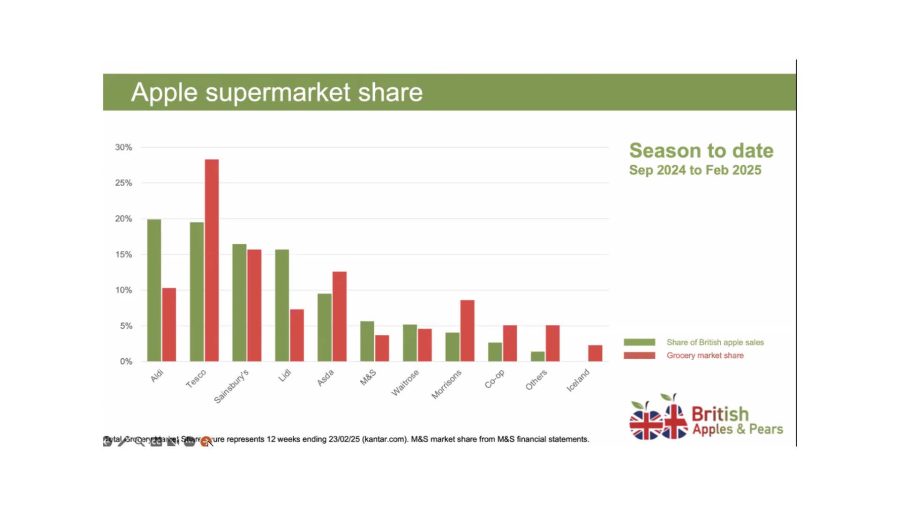
For more like this, sign up for the FREE South East Farmer e-newsletter here and receive all the latest farming news, reviews and insight straight to your inbox.

